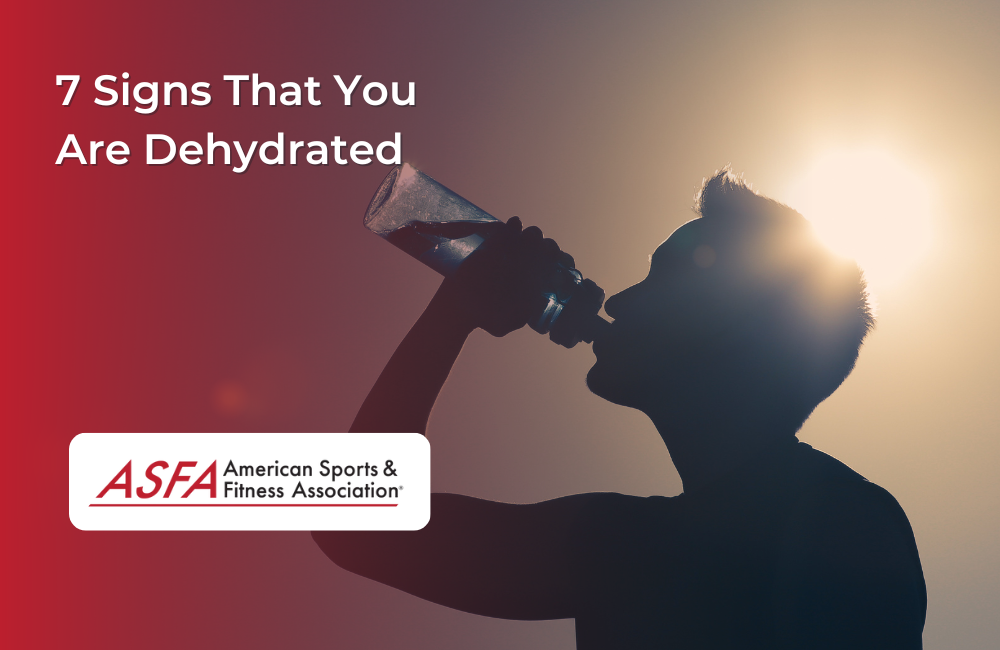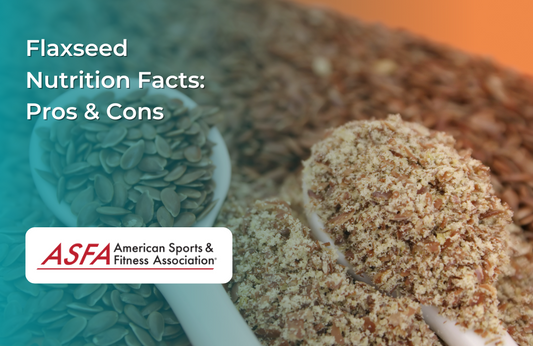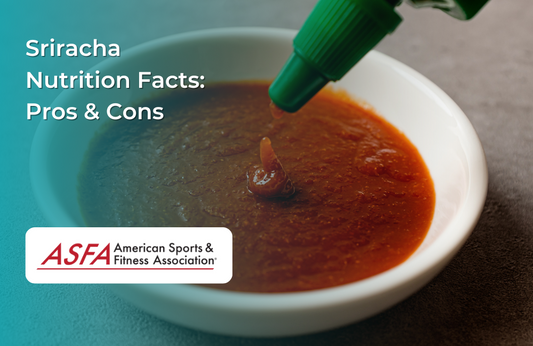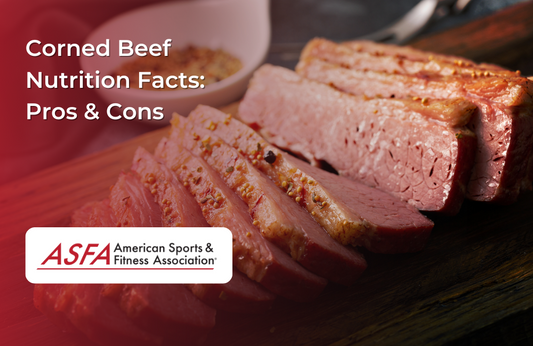If you're feeling thirsty, it might just mean you're thirsty. But if you're experiencing any of these other symptoms on top of thirst, it could be a sign that your body needs some extra hydration in the form of water or other fluids. When you're dehydrated, your organs aren't getting enough blood flow, which increases the risk of heart disease and kidney stones (not to mention headaches!). So before reaching for another bottle of water or glass of tea—or even another cup of coffee—check for these signs that could indicate dehydration:
You have a headache.
Headaches are one of the most common symptoms of dehydration, but it's important to note that other factors, such as stress and lack of sleep, can also cause headaches. If you're having trouble determining whether or not your headache is related to dehydration, consider keeping track of how long it lasts and what activities preceded it (i.e., exercising in hot weather). This may help identify patterns that point toward dehydration rather than some other cause for your discomfort.
If you're experiencing a headache and other symptoms of dehydration, it's important to drink plenty of water as soon as possible. If your headache doesn't improve after an hour or two, contact a doctor if you want to avoid salt; it's best to stick to fresh foods, like fruits and vegetables. You can also add lemon juice and garlic to your meals for a flavor boost.
Your mouth feels dry.
If your mouth feels dry, chances are that you are dehydrated. Dryness in the mouth is a common symptom of dehydration and can be caused by a lack of saliva. Saliva helps to lubricate the mouth and keep it clean by washing away bacteria that cause tooth decay and gum disease. Unfortunately, a dry mouth also makes it harder to swallow food or drink properly, so you may need more time between meals than usual if this problem persists.
In addition to being caused by dehydration itself (or other factors), dryness inside your mouth could also mean that something else is going on with your health: smoking cigarettes can cause chronic dryness; certain medications like antibiotics or steroids can cause dryness; even some foods such as coffee and soda contain caffeine--an ingredient known for irritating the lips!
You have a salty taste in your mouth.
If you have a salty taste in your mouth, this could be due to dehydration. Salt is a mineral that helps the body retain water and can also help you feel more energized. It's important to note that salt isn't just found in food; it's also present in many processed foods like chips, soups, and sauces (and even some brands of peanut butter).
. If you're concerned that your headache is due to dehydration, drink plenty of water and see if this alleviates the pain. If it does, then you were probably dehydrated and should try not to let it happen again.
Your urine is dark yellow or amber-colored.
If your urine is dark yellow or amber-colored, it may indicate that you are dehydrated. The color of your urine can also be affected by other factors such as diet and medications. If it's clear or light yellow, you are likely well hydrated.
You're always thirsty, even if you drink plenty of fluids daily.
You might be dehydrated if you're always thirsty, even if you drink plenty of fluids daily.
Drinking water is important for everyone, especially for people with diabetes and those who have had gastric bypass surgery (a procedure that reduces your stomach size). People who work or exercise in hot weather may also need extra water because they lose more heat through their skin than those who don't work out as much.
If you feel thirsty often and drink plenty of liquids every day but still feel dehydrated, talk with your doctor about whether there's another cause for this symptom.
You're nauseous or lightheaded and unusually tired.
It could be a sign of dehydration if you're nauseous or lightheaded. It could also be a sign of dehydration if you feel unusually tired. The best way to tell if this is the case is by drinking more water and seeing how quickly your symptoms disappear.
If your headache is unrelated to dehydration, then there's likely another cause. The most common types of headaches are tension headaches and migraines.
If you're feeling tired, consider how much salt is in your diet and how it affects your energy levels.
Food tastes bland or unappetizing, which can be another sign of dehydration.
A lack of appetite and a metallic taste in the mouth are also signs of dehydration. If you're experiencing these symptoms, it's important to drink plenty of water and eat foods that contain high levels of electrolytes (salt).
If you don't feel like eating or drinking anything at all, this could be a sign that something more serious is going on with your body--especially if it's accompanied by other symptoms such as nausea, vomiting, or diarrhea. If this happens to you after working out or during an intense workout session without proper hydration beforehand, seek medical attention immediately!
Dehydration is also a common symptom of diabetes. It can make your blood sugar levels higher than normal, which is dangerous for people with diabetes because their bodies can't regulate blood sugar properly. You don't want to deal with symptoms of dehydration, and the best way to avoid them is by drinking enough water. The amount of water you need daily depends on several factors, including age and activity level.
If you've experienced any of these symptoms, it's time to drink up!
● Drink more water.
● Drink a glass of water when you wake up.
● Drink a glass of water before eating your first meal of the day, even if it's just a piece of toast with peanut butter.
● Drink another glass before going to bed, even if it's midnight and you've had nothing but coffee since breakfast (yesterday).
Drink water throughout the day, and don't wait until you're thirsty--by then, it may be too late!
If you're experiencing an intense workout, it's important to drink plenty of water and eat foods that contain high levels of electrolytes (salt). If you don't feel like eating or drinking anything at all, this could be a sign that something more serious is going on with your body--especially if it's accompanied by other symptoms such as nausea, vomiting, or diarrhea. If this happens to you after working out or during an intense workout session without proper hydration beforehand, seek medical attention immediately
Conclusion
If you are experiencing any of these symptoms, it's time to drink up! It can be difficult to tell when we're dehydrated because our bodies often try to compensate by producing more saliva or secreting sweat from our pores. But if you're still thirsty after drinking plenty of water, it's likely time for a trip to the doctor's office.





